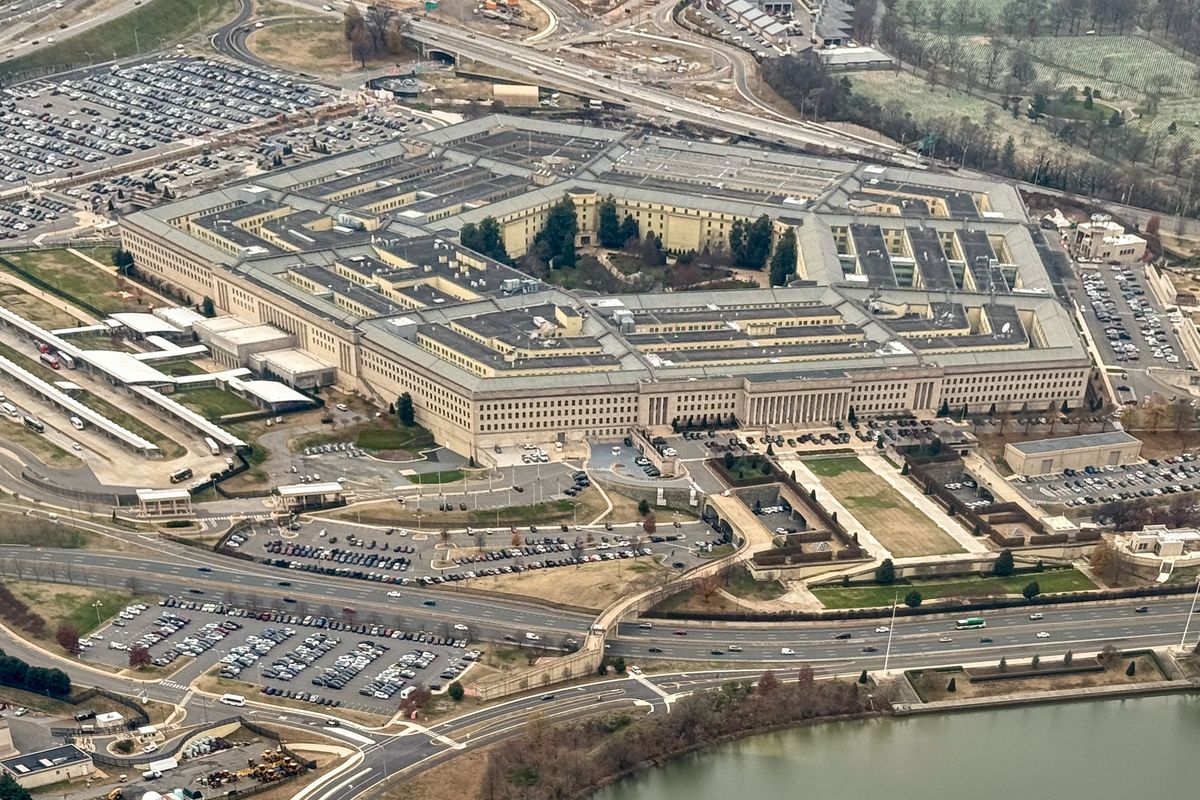At it again. This week’s government shutdown is an all-too-familiar refrain for those of us with lengthy government service. Shutdowns – and the impact of the supposedly temporary sequestration deal of 2013 – are annoying, diverting of precious time and attention from the national security missions of the United States, and corrosive to the essential bonds of staff, managers and leaders. But they are more than that.
Shutdowns have real world effect: they compel budgeteers; procurement officers and planners to defer and rework long-planned training, readiness and acquisition programs. They require managers to pick and choose who among their staff is “essential” and “non-essential.” They harm our standing with allies and adversaries. Outsiders may view this as a standoff between politicians angling for an advantageous news cycle, but to those on the inside, it harms our nation’s security.
Shutdowns impact departments and agencies in different ways, just as they impact units and people in organizations in different ways. Civilians at national security institutions are categorized differently from uniformed military and law enforcement personnel. Members of the intelligence community are treated differently than civil service personnel. Operators in the field are shielded from impacts for as long as possible. Headquarters and field readiness activities take hits.
There have been 18 government shutdowns since passage of the Congressional Budget Act of 1974. Through the 1980s, they normally lasted one to three days, but since the mid-1990s, they have lasted a month or longer. The Budget Control Act of 2013, commonly known as sequestration, was designed to be so intentionally bad to the Defense Department during a time of war that it would force compromise. Few believed it would ever come into force. The Act is still the law of the land, albeit some relief was included in the 2015 and 2016 spending bills and its worst effects were avoided for 2017, because federal spending came in below levels that would trigger the cuts. Sequestration effects have badly eroded military readiness, forced deep cuts in training and deferred system repair and program upgrades.
Shutdowns undermine U.S. credibility abroad, impacting the arms of government that are part of the “soft power,” of extending U.S. authority and influence, including intelligence and diplomacy. Intelligence officers must reassure assets that payments and operations will continue, and that our word is good; discussions about the permanence of sensitive and sometimes high-dollar joint collection activities would need to take place with liaison services. Diplomats must schedule meetings with foreign government officials to explain what, if any, assistance and partnership programs will be suspended. War-fighters must explain to host-nation militaries what exercise, acquisition and training programs will be suspended, and if military operations will continue apace.
The backdrop of all these discussions will be concern about the strategic reliability and credibility of the United States. Superpowers are supposed to stay open day and night, holidays and weekends.
Internally, large swaths of executive branch management staffs are required to stop what they are doing and dedicate significant amounts of their time to developing and executing one-, two- or five-day budgets, crafting legal modifiers that detail new terms for staff support, operations and acquisition contracts. For DoD, sequestration rules target specific spending accounts, warping overall spending plans and compelling that time be spent briefing congressional staff on how these plans follow the law.
The impacts of shutdowns stress the rest of national security departments and agencies as well. Leaders must huddle with managers and determine what people and missions can be exempted because they are (or are not) “mission critical.” Cabinet officials must issue quiet guidance to their teams as to whether the intent of plans is to convince Congress that the impact of shutdowns will be so devastating that it must be avoided at all costs, or based on which political parties control what elements of power at that moment in time, can be self-sustaining and it is the other side that must blink.
Under Secretaries and Assistant Secretaries will call “all hands” meetings to assure everyone in their organizations that all personnel are essential, even as they authorize a percentage of them sent home on unpaid furlough. They will make the case that either remaining staff execute all organizational responsibilities even with half the staff (and half the expertise) because the nation’s security depends on it. Or, they take the opposite tack, and say remaining staff will not be asked to do certain things, even though the real world requires staff to be as responsive as ever if something happens in their area of responsibility. This may sound trivial to some, but to those of us who have had to explain to those designated non-essential that they shouldn’t take it personally, it has lasting effect.
All these impacts are not meant to suggest that the policy stakes for our political parties, Congress and president are not high during shutdowns, and that the final agreement will not be important for the nation’s health.
However, too often we focus on the drama of the negotiation, and how shutdowns impact our ability to move mail, visit parks, and travel safely on commercial airlines. All these are real issues. But there is more to the story. Negotiators must equally calibrate a shutdowns’ impact on American hard power, soft power and on government effectiveness.
As any defense leader will tell you, we are the strongest war-fighting nation in the world because we have deep respect for logistics, planning, readiness and organizational cohesion. The cost of shutdowns is not free on these fronts.












